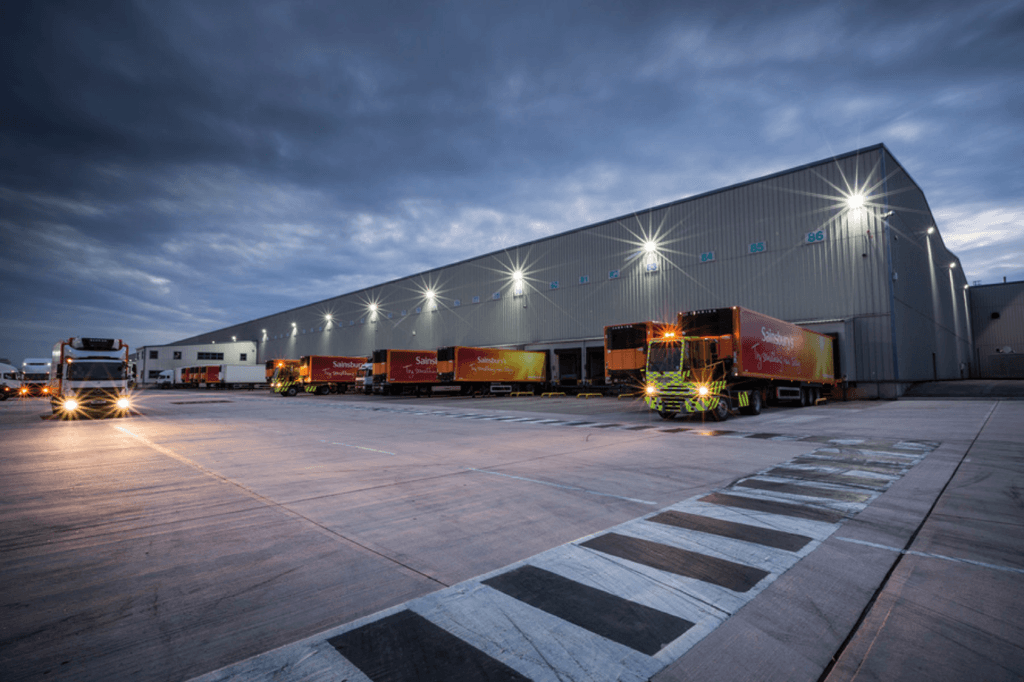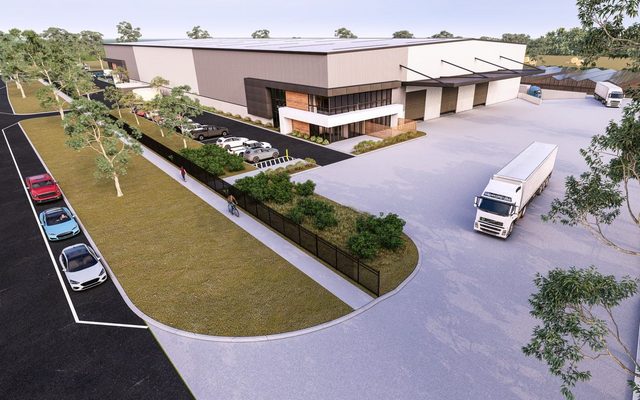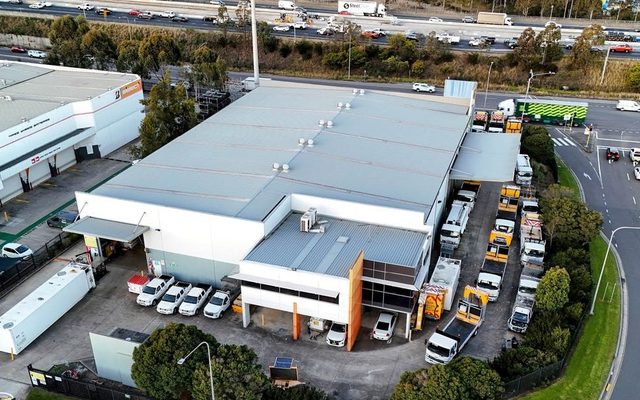This article is from the Australian Property Journal archive
OPINION: LAST year, there was a significant shift in the industrial and logistics sector. The COVID-19 pandemic fuelled an even greater e-commerce boom and increased pressure on supply chains globally to meet consumer demand, all during a time of great uncertainty.
Many of the trends we saw emerge were already in play pre-pandemic, with COVID-19 accelerating them and positioning industrial and logistics as the asset class of choice for global investors as a result. There is now greater recognition and appreciation of the role the industrial and logistics sector plays in our communities and this is not just from businesses, but also the end consumers. These assets are mission critical pieces of infrastructure that make our cities liveable and are integral to everyday life.
Looking ahead, there’s no sign of this growth slowing and as we embark on creating the places that power tomorrow’s opportunities for our customers, there are four key trends to watch in Australia:
- Shifts in supply chain strategies – The shortcomings of the ‘just-in-time’ supply chain model were revealed during the height of the pandemic in 2020. International freight and manufacturing were hit with restrictions and increased pressure to hold more stock locally, especially critical items such as medical supplies and equipment. This, combined with the e-commerce boom and rise in consumer demand for same-day delivery in CBD areas, will see increased onshore warehousing requirements and the need for diversified ‘last-mile’ strategies. More retail businesses are likely to adopt an omnichannel strategy to remain agile and drive profit growth, which in turn will result in higher demand for warehousing and distribution facilities.
- Next generation industrial design – In order to meet the increased demand for industrial space, new and innovative ways to unlock land and sites is required. In 2021, expect to see a continued evolution towards facilities that meet the increasingly bespoke needs of customers, whilst enabling them with the latest in technology such as 5G infrastructure. Land is scarce in our key cities so ‘multi-level warehousing’ on varying scales will emerge. This is already common in some Asian markets and is beginning to gain momentum locally as it can be solution for smaller suburban and inner-city distribution sites. Expect also to see innovative solutions as our CBD’s emerge from lockdown and come to terms with the ‘new normal’, with existing infrastructure such as underutilised carparks repurposed into logistics and fulfilment centres.
- Leading sustainability – Sustainability will continue to be high on the agenda for the industrial property sector, its customers and for Government regulation. Proactively striving to power assets with renewable energy, minimising electricity and water usage, and making sure all new properties across our portfolio are minimum 5-star Green Star certified is standard for all new Frasers Property Industrial assets, and has been for some time now. Looking ahead, electric vehicles are set to dominate our roads in the coming decade, and this extends to logistics fleets. In preparation for this, our team are ensuring our assets are future-ready. This means onsite electrical vehicle and truck charging capabilities and hi-tech backbones integrated into our assets. In Australia, we achieved re-certification as carbon-neutral under the Climate Active Carbon Neutral Standard for the fifth consecutive year. We are also committed to achieving net-zero carbon by the end of 2030 in Australia and Europe. This will become increasingly important as our customers and the end consumers consider the trade-offs between speed and convenience, versus amenity and air-quality in our cities.
- Putting the workforce first – Last but certainly not least, the mental health of all workers involved in the industry needs to be supported to a greater extent. In SuperFriend’s 2020 Thriving Workplace Survey which highlights at-risk industries and populations, the transport, postal and warehousing industry had the lowest index score (62.1) out of the 19 industries measured.
In December last year, Frasers Property Industrial announced our partnership with the Healthy Heads in Trucks and Sheds Foundation to work together to tackle the mental health and wellbeing issues faced by many within the sector. As well as partnering with industry leaders, we’re creating premium state-of the-art facilities which positively contribute to the physical and mental health of workers onsite. From running tracks, green spaces, BBQ areas and nutritious food offerings, this amenity is integral to supporting the health and wellbeing of workers involved in warehousing and trucking.
It’s set to be another significant year for the industrial sector and the momentum of the past decade is not showing signs of slowing. Last year, we were challenged to find new and better ways of doing things and this approach and innovation will continue in 2021 as we make the places for our customers to build their futures.
By Reini Otter, Chief Executive Officer, Frasers Property Industrial.*
Reini is responsible for Frasers Property Industrial. He oversees the Group’s logistics and industrial operations in Australia and Europe, and Frasers Logistics and Commercial Asset Management Pte. Ltd., the manager of Singapore-listed Frasers Logistics & Commercial Trust. Reini is also a Non-Executive and Non-Independent Director of Frasers Logistics & Commercial Asset Management Pte. Ltd, as of July 2020.
Reini joined the Group’s Australian operations in 1998 and has held senior leadership positions within the Commercial & Industrial business in Australia for over 15 years. In his previous role with Frasers Property Australia as Executive General Manager of its Commercial & Industrial and Investment Property division, he was responsible for the strategic direction and leadership of all Australian industrial development and investment property operations in Australia. In addition, Reini was a member of the Frasers Property Europe Investment Committee.
Reini holds a Bachelor of Science (Architecture) and Bachelor of Architecture from the University of Sydney. He is also a graduate from the Advanced Management Program at INSEAD Business School, Europe.





